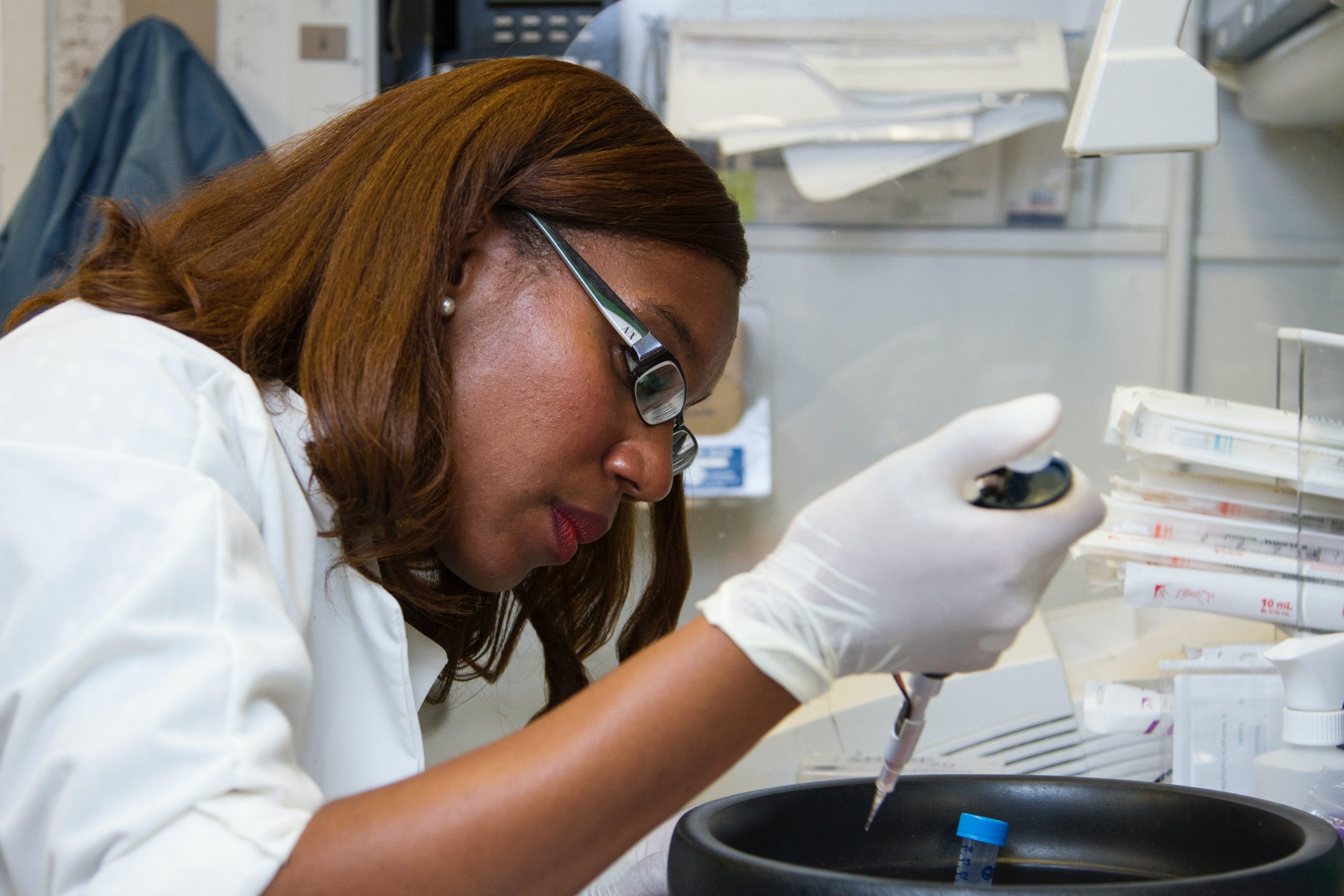Freezing your eggs secures your fertility, preserves the quality and quantity of your eggs and increases your chances for a successful pregnancy in the future. This procedure is an ideal option for you if you want to postpone motherhood to focus on your career or protect your eggs from diseases that might affect your ovaries or reproductive system.
Because of its many benefits, more and more women are considering egg freezing. If you are planning to get this procedure, read and understand this health news article first to learn more about everything you need to know about this method:
How Does Egg Freezing Work?
The procedure involves requiring you to take fertility drugs to stimulate your ovaries and produce eggs. You will then undergo monitoring and evaluation until health experts retrieve your mature eggs. Finally, these eggs will be frozen and stored in a safe place until use.
Developing Eggs
You will have to inject yourself with fertility drugs every day for around 8-14 days. These drugs stimulate your ovaries so you can produce as many mature eggs as possible.
An average of 10-20 eggs are usually retrieved, but only about two-thirds are appropriately mature and viable. It may take more than one cycle for you to produce the desired number of mature eggs since 15-20 eggs are recommended for freezing.
Before taking fertility drugs, your doctor will create a drug protocol specifically for you to help you produce the maximum number of mature and viable eggs. You will undergo frequent monitoring through blood testing to check your hormone levels and vaginal ultrasounds to track how your body responds to the drugs.
Egg Retrieval
The egg retrieval procedure is quick and painless. Mature eggs are retrieved through surgery and are removed from follicles in your ovaries before you ovulate. It usually takes less than 30 minutes, and you will be under sedation through an IV.
Expect to feel some minor cramping the day of the procedure, but it usually goes away the next day. You may also feel full and some pressure for several weeks from the ovarian stimulation.
Your age, ovarian reserve, response to ovarian stimulation, and the ability to access your ovaries can affect the number of eggs produced and removed. Those mature and usable eggs can be frozen indefinitely.
Am I a Good Candidate for Egg Freezing?
Egg freezing is most ideal for you if you are in your 20s to early 30s. For a more successful procedure, get the procedure when you are below 38 years old. It is not recommended for you if you are over that age.
What Are the Costs of Freezing Eggs?
If you decided to undergo egg freezing, be financially ready for covering the costs of physician consultation, fertility medication, and egg retrieval. You must also be prepared to pay for the yearly fee for egg storage until use and the thawing of the eggs and embryo transfer to attempt pregnancy.
Conclusion
Egg freezing preserves your quality and mature eggs, giving you peace of mind and boosting your chances for a successful pregnancy. To make sure that this is the right option for you and help you create a well-informed decision, consult a doctor and read more healthcare news.
Stay informed about the latest in the medical and healthcare industry by reading our other health news articles. We are a go-to resource for health and medicine for our readers worldwide.


















